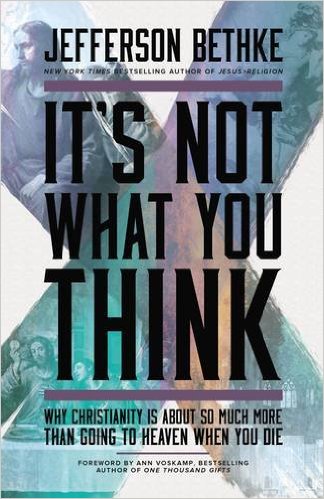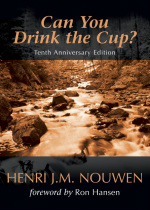In this chapter, Bethke speaks of the movement in scripture of God in the temple, God in Jesus, God in us, and finally, no need for a temple because God is our very dwelling place. Throughout time, he says, God has sought to pitch tent with us - to dwell with us. He then asks, "What if we believed that."
Do we think of God wanting to dwell with us?
How might this change the way we live?
How might this change the way we worship?
"People Are Not Who You Think: They're Neighbors To Love, Not Commodities To Use"
Speaking about shame and intimacy, Bethke emphasizes the importance of relationship and community. The law, he says, is given to redirect the value of humans away from being commodities and toward being God's image-bearers. Intimacy, he says, is to be fully known, and at the same time fully loved.
What are some of the ways that people are treated as commodities in our culture?
Are there ways that people are treated as commodities by the church?
For next time, read chapters 4 & 5


 RSS Feed
RSS Feed
